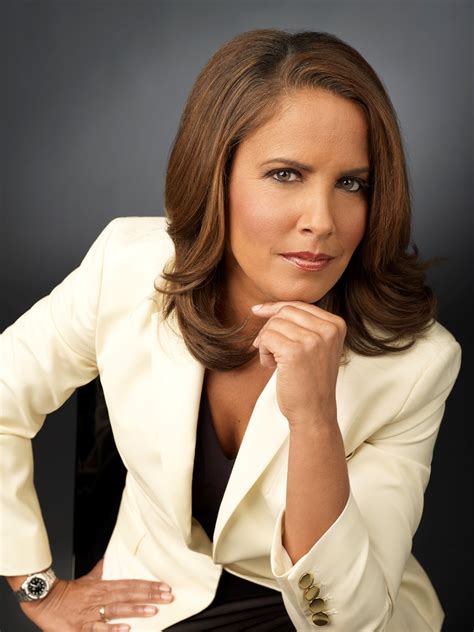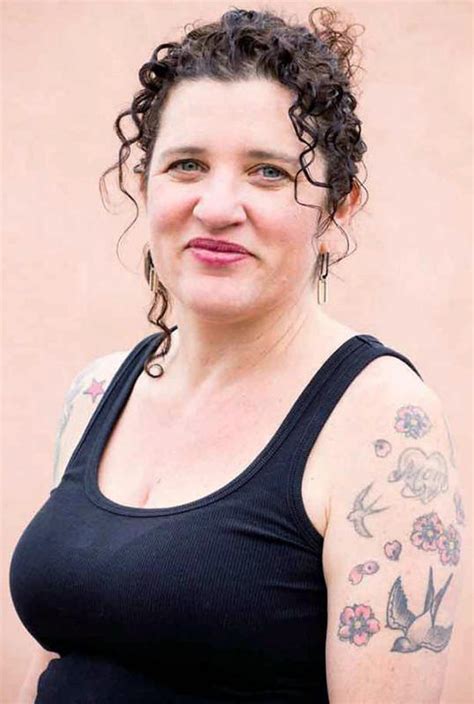A Quote by Toni Morrison
When I write, I don't translate for white readers.... Dostoevski wrote for a Russian audience, but we're able to read him. If I'm specific, and I don't overexplain, then anyone can overhear me.
Related Quotes
My theory about writing is that one should write books you'd like to read, but no one else has written yet. So, as long as I stick with that, I'm entertaining myself, and then hopefully my readers as well. I hope to god I realize that I'm repeating myself, if I ever do. But if I don't, I'm sure my readers will let me know.
I write on a computer, but I've run the complete gambit. When I was very young, I wrote with a ballpoint pen in school notebooks. Then I got pretentious and started writing with a dip pen on parchment (I wrote at least a novel-length poem that way). Moved on to a fountain pen. Then a typewriter, then an electric self-correct. Then someone gave me a word processor and I was amazed at being able to fit ten pages on one of those floppy discs.
Many years ago, I was actually hired to write the sequel to 'Independence Day.' And I wrote a sequel. And they paid me a boatload of money to go write this thing. And after I wrote it, I read it and I gave them back the money and I said, 'Look, this is an okay movie I just wrote. But it's not worthy of the sequel to 'Independence Day.'






































